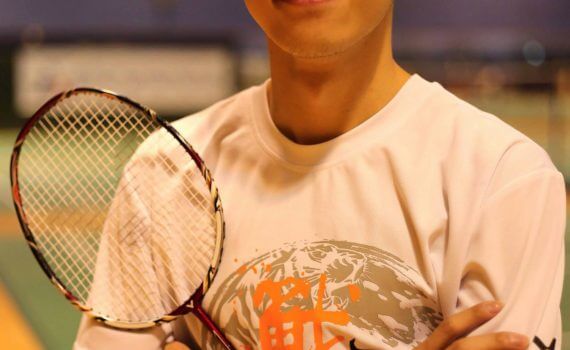Legislators call for a review of education policies to help Special Educational Needs students
Becky Liu is a year three student at the Chinese University of Hong Kong. She was diagnosed with dyslexia when she was in kindergarten. That means Becky has a learning disability in reading, writing and speaking. Liu recalled her parents being told by the teacher that she could not tell the difference between the letters "A" and "B".
"I cried every day when I was in primary school because I was not able to spell the word ‘apple' and ‘orange' properly," Becky said.
There were more than 7,800 special educational needs (SEN) students like Becky in Hong Kong in 2016, according to government figures. Their conditions range from dyslexia to severe cases such as intellectual disability, visual and hearing impairments. For them to learn effectively, the Education Bureau reckons the pupil-teacher ratio cannot be more than 4.5: 1.
For the first two years of Becky's school life, she had the benefited from teaching materials and a curriculum specially designed for SEN students. But the problems started when she was transferred to a mainstream school. She fell below average and school, in general, was a struggle
"Luckily my parents always tell me to focus on the process instead of the result. That alleviates my pressures and I became less resistant to new things," Becky said.
Becky believes that some teachers in mainstream schools assume that students who do not have good academic results are lazy. That, she says, makes it even tougher for SEN students to adapt to school life.
"What we need," Becky said, " are patience and encouragement to build our confidence."
Haven of Hope Sunnyside School serves students with the severe disability. Their intelligence quotients are sometimes equivalent to that of very young kids. Most of the students have multiple disabilities, like in eating, hearing and seeing. "About 70% of them need help just to walk," said the principal, Law Kai-hong.
Being fully-funded by the Education Bureau since 1981, the school provides 104 school places and 63 boarding places.
Students at Haven of Hope Sunnyside School use the same general curriculum as mainstream schools. The school designs a mode of learning that suits the pace of learning particularly for SEN students.
The school also hires physiotherapists, occupational therapists, as well as speech therapists. Law lays stress on educational simulations. His goal is to enable his students to get the information using their senses just like regular school children. At Sunnyside, they achieve this by using colour, light, sound and movements in the teaching materials.
Every student at Sunnyside faces different challenges. Each one of them chose his or her own nominal parents at the school. "Students do not always pick young, handsome teachers. Many of these relationships are based on love, not appearance", said Law.
Law agrees with Becky that parents play the most important role in the development of SEN students. "No matter how well a school does, it can never replace a family," he said.
Parents are welcome to join their children's school life at Sunnyside because under a "train the trainer" concept, parents may learn how to get along with the children by being volunteers in their lessons.
Law points out that there has to be a close cooperation between the school's academic and residential departments and parents. For instance, it is difficult for students to learn to use chopsticks at school, but use spoons in the residence halls, or are fed by parents at home. The learning must be coordinated.
Legislators Fernando Cheung Chiu-hung and Dennis Kwok Wing-hang put forward a document on promoting special education policies.
"The objective is to establish the rights of SEN students being respected, recognised and promoted so that they can thrive in a non-discriminatory and friendly environment in mainstream schools," Cheung said.
He points out that SEN students under six years old respond well to intervention. But under existing integrative education policies, SEN children aged six or younger have to queue for around one and a half year in order to be assessed and then offered the support they need. "They often miss the crucial age for therapy," Cheung explained.
The government categorises SEN students into three tiers, depending on the severity of their conditions. The first tier does not receive any particular government help. The second gets $30,00 dollars a year each, and the amount is doubled for the third tier.
But many schools, Cheung pointed out, chose to return their SEN subsidies to the Education Bureau at the end of the school year. They lack the experience in how to make use of resources for SEN.
Cheung calls for a review of existing policies on SEN. He believes there should be services, staffing and facilities to meet their needs.
"Although Carrie Lam as the incoming Chief Executive said she's willing to put in five billion dollars in the education budget, how five billion dollars will be utilised is really begging for public input, so I call for parents and students to speak up for themselves," said Cheung.
Reported by Candice Wong, Sharon Pun
Edited by Choco Tang and Melissa Ko
《The Young Reporter》
The Young Reporter (TYR) started as a newspaper in 1969. Today, it is published across multiple media platforms and updated constantly to bring the latest news and analyses to its readers.

Myanmar people march to demand peace to "stop war"

The Online Hotbed for Illegal Drugs





Comments